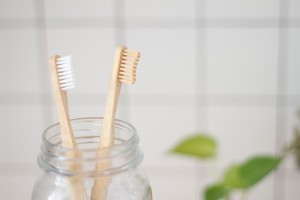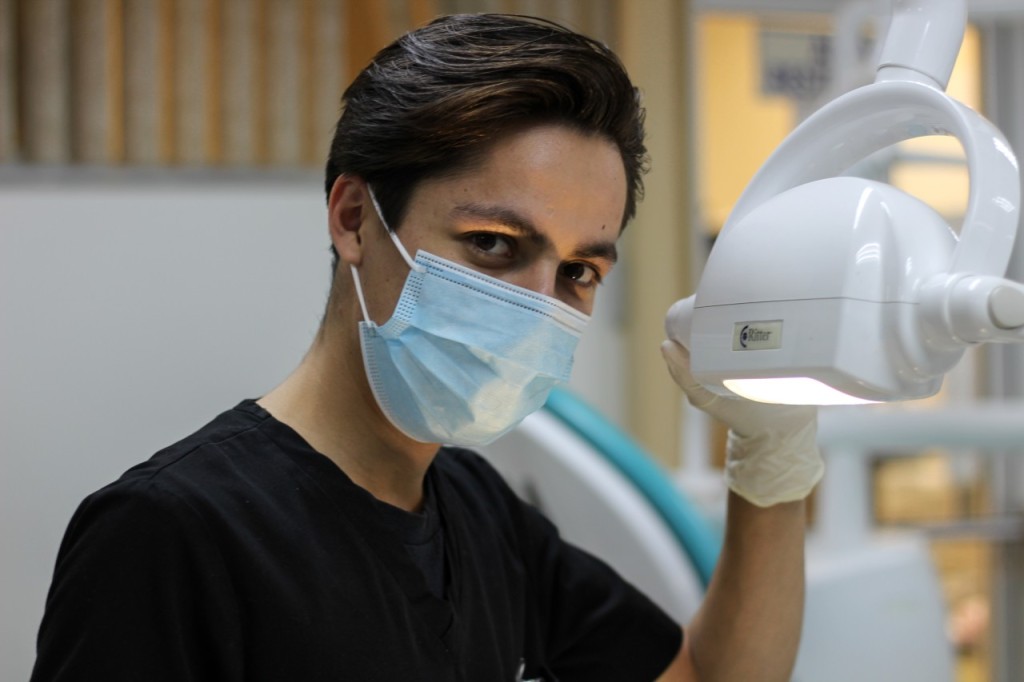For many years dental professionals have explored the links between oral and systemic health, and here at Classic Denture Center, we feel this connection is a big one!
Beginning as early as the late 19th century, researchers proposed that bacteria in the oral cavity could cause issues elsewhere in the body. However, over the past several decades, scientific study has helped us further understand these connections and added to the list of systemic conditions associated with periodontal disease.

By the year 2000, the United States Surgeon General issued a report on the national oral health status. This report formally acknowledged the association between periodontal disease and the following conditions:
-Cardiovascular disease
-Diabetes
-Pneumonia
-Adverse pregnancy outcomes such as preterm birth.
The report also suggested that more research was needed to establish causation.
Experts have identified two mechanisms that could explain the connection between oral and systemic health.
The first is chronic inflammation in the oral cavity – this could hypothetically lead to an increase of inflammatory markers in the bloodstream and, in turn, add to the body’s inflammatory response or general burden of disease.
Second, the oral cavity may act as a reservoir for pathogenic bacteria that can enter the bloodstream and affect distant sites within the body. While this phenomenon, known as bacteremia, is not generally a risk for patients with healthy immune systems, it can pose a serious threat to immunocompromised patients such as those with HIV/AIDS or diabetes.
Many dental patients will resist treatment, especially when their condition isn’t causing them pain or other serious symptoms.

In order to maintain your oral health, it is important to take part in routine dental appointments. This will help with the early detection of both oral and systemic diseases. In turn making treatment as manageable and effective as possible!
Medical experts, including your denturist in Portland OR recommends two annual visits to the dentist as an important investment to your oral as well as overall health! Not only can you catch conditions in the early stages, you can also prevent future issue from popping up.
This is even more important if you have full or partial dentures. Regular care can prevent disease as well as the costly mistake of need to prematurely replace your dentures.
When you do visit your dentist, it is important to know that saliva can act as a powerful diagnostic tool, offering a window into oral and systemic disease, even in the absence of traditional symptoms. During a dental visit, saliva can be collected and tested for biomarkers of:
-Hepatitis
-HIV
-Cancer
-Osteoporosis
-And more.
Saliva additionally wards off disease-causing organisms such as bacteria, viruses, and fungi.
These are just a few of the ways that your oral and systemic health are connected, further research could show even more of a correlation. To learn more about your health, contact your denturist in Portland OR! We can help you develop a dental hygiene plan that can give yourself the best chance you have at staying at the top of your game.
 By the year 2000, the United States Surgeon General issued a report on the national oral health status. This report formally acknowledged the association between periodontal disease and the following conditions:
By the year 2000, the United States Surgeon General issued a report on the national oral health status. This report formally acknowledged the association between periodontal disease and the following conditions: In order to maintain your oral health, it is important to take part in routine dental appointments. This will help with the early detection of both oral and systemic diseases. In turn making treatment as manageable and effective as possible!
In order to maintain your oral health, it is important to take part in routine dental appointments. This will help with the early detection of both oral and systemic diseases. In turn making treatment as manageable and effective as possible!

